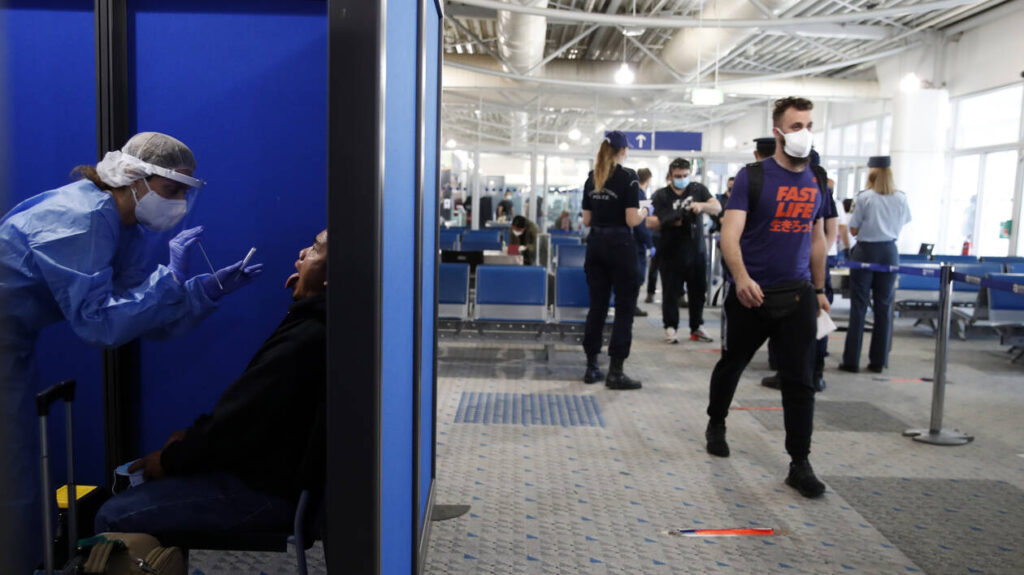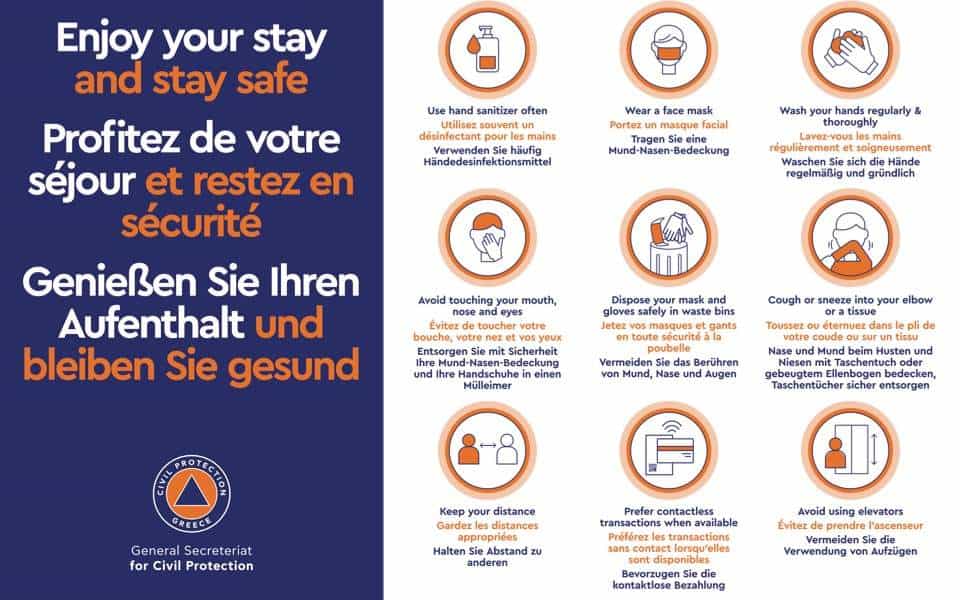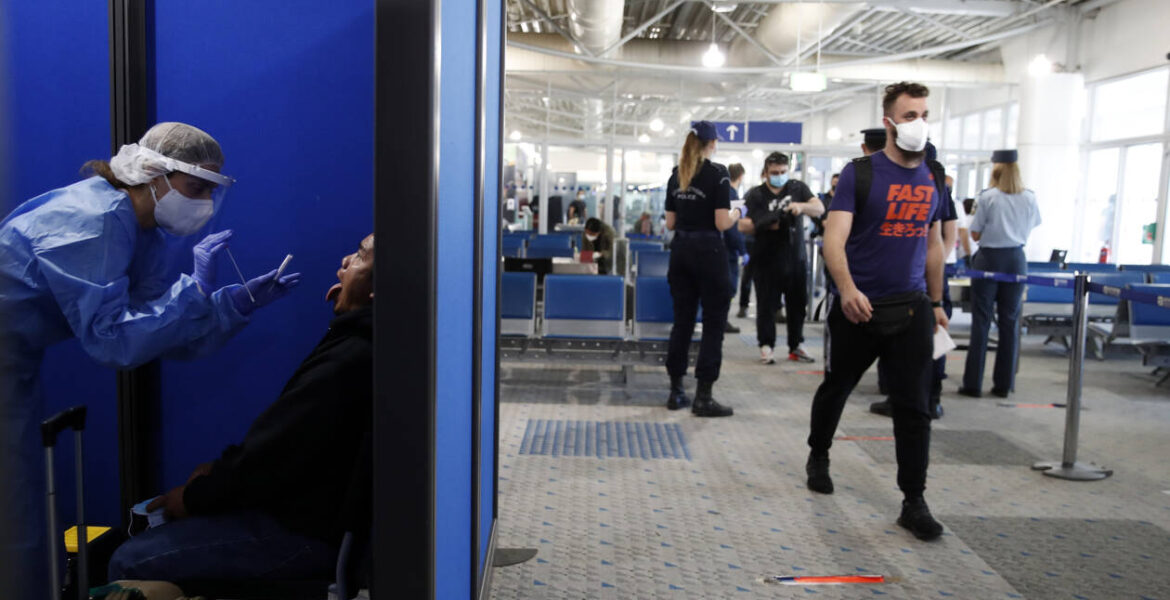
Greece’s airports are ready to receive international visitors from July 1.
Based on new protocols, as of June 27 and until August 31, based on a NOTAM issued by the Greek Civil Aviation Authority on Saturday, all passengers arriving in Greece must fill in a Passenger Locator Form (PLF) at least 48 hours before they check in for their flight, providing information that will include their departure airport, the address where they will be staying and the expected duration of their stay in Greece, among others. The information on the form is a key element of the country’s planning for protection against the pandemic and preventing the spread of the virus.
The data from each traveller will be analysed and based on it, they will receive a special barcode which will determine if upon arrival the passenger will be tested for COVID-19 or not.
According to Dimitris Paraskevis, Assistant Professor of Epidemiology and Preventive Medicine at Medical School of the National and Kapodistrian University of Athens, this “algorithm procedure” will most likely be “able to detect the majority of imported cases.”
“The tests per entrance gate will be divided according to the risk that will be assessed per passenger. For example, if we have 1,000 tests per day at Athens international airport Eleftherios Venizelos, these 1,000 tests will be done in such a way as to maximize the ability to detect positive cases per day and per gateway,” Paraskevis said on Skai TV.

Over the weekend, Greece launched an information campaign “Enjoy your stay – Stay safe”, urging tourists to be mindful of health rules during their holiday in the country.
The General Secretariat for Civil Protection issued nine directives for the necessary protection measures:
- Use hand antiseptic often
- Wear a mask
- Wash your hands regularly and thoroughly
- Avoid touching your mouth, nose and eyes
- Dispose your mask and gloves safely in waste bins
- Cough or sneeze into your elbow or tissue
- Keep your distance
- Prefer contactless transactions when available
- Avoid using elevators
Greek authorities are hoping to salvage the season and limit some of the losses incurred by the tourism industry while maintaining the positive momentum achieved by the successful management of the first wave of the novel virus.
The messages will be located at all entry points (airports and ports) and will be available in three languages – English, French and German. Flyers will also be distributed to travellers.
In addition, basic rules for travellers on both international and domestic flights require mandatory use of a mask for those entering the airport building, where only holders of a ticket are permitted to enter except in cases where an escort is essential, such as for children or disabled persons.
Protective barriers have been installed at all points where the public is served, while masks must be worn at all times in the airport and on flights except when they are required to be removed for security and identity checks. Changing the mask every four hours is recommended.
Staff will be equipped with PPE and a distance of 1.5 metres from others must be maintained at all times. Surfaces and equipment will be regularly disinfected while antiseptics will be available in airport waiting areas and toilets. Plastic bins used at the security checkpoints will be disinfected between each use.
Passengers are also advised to use web check-in and self-check-in, luggage tag printing, baggage drop off and e-parking where possible.


